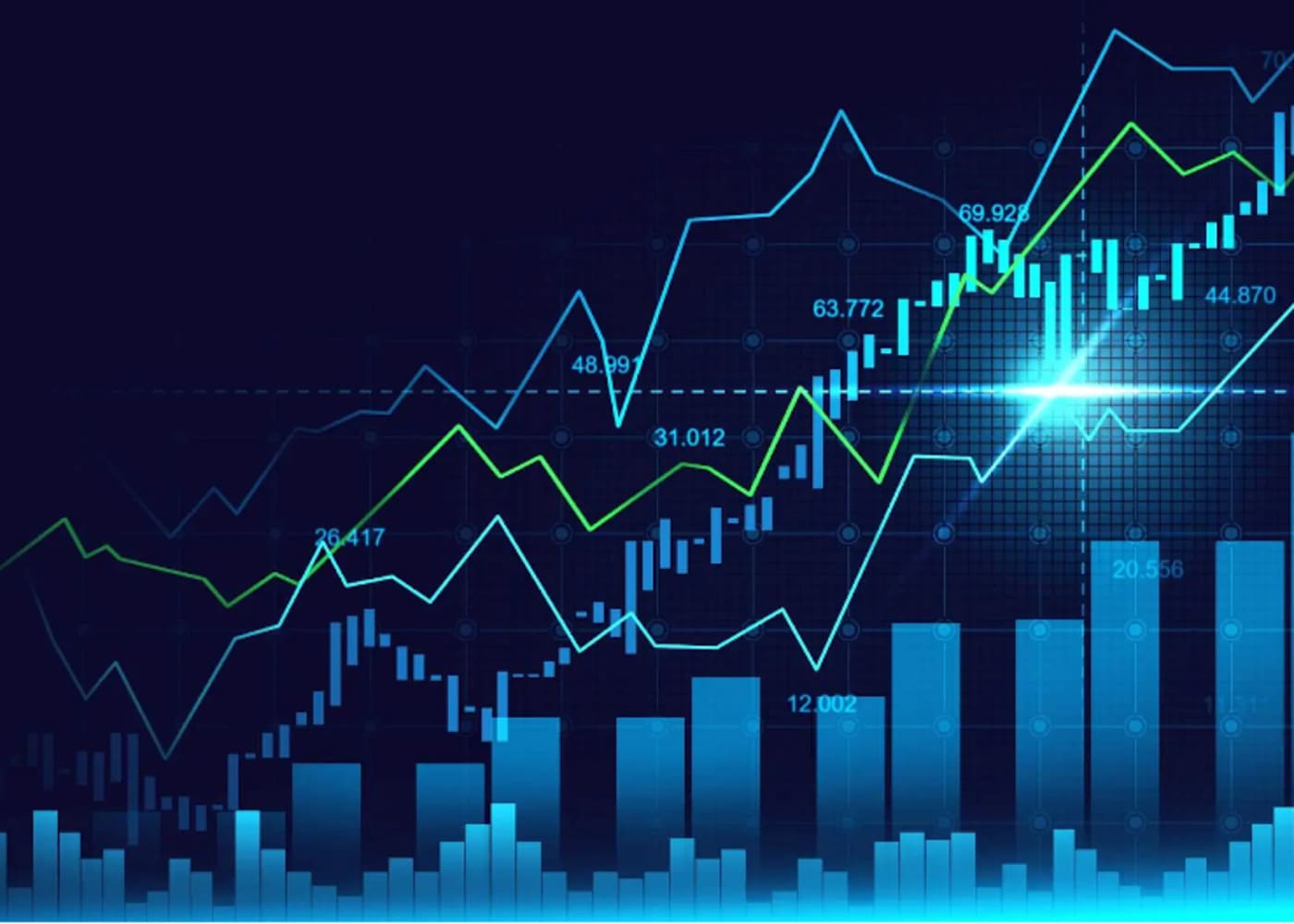
How Quantitative Trading is Shaping the Future of Forex
The foreign exchange or Forex market is the largest and most liquid financial market in the world. Different traders including retail traders or institutional investors like to participate in the forex market. This growing popularity of the daily trading volume is more than $7 trillion. Quantitative trading also opens a new way for traders to operate in the forex market. This trading is based on mathematical models, algorithms, and computational power. These mathematical tools help traders to make their trading more efficient. Let's discuss in detail how quantitative trading can impact the forex and its future.
Quantitative Trading in Forex
Quantitative trading or quant trading makes use of mathematical and statistical models to find and capitalize on trading opportunities. Traditional trading relies on human predictions and experience but in quantitative trading, traders do not execute the trade on the assumptions. They believe on:
Algorithmic Models or Automated Systems that help traders execute trades based on pre-set rules.
Big Data Analysis through large datasets are analyzed to find the latest patterns and trends in trading.
Machine Learning and models help traders improve over time by learning from historical and real-time data.
All these tools help traders to easily process and analyze a large volume of data in a very short time. These tools are more accurate and also reduce emotional biases that are difficult in manual trading.
The Role of Technology in Quantitative Forex Trading
Quantitative trading is possible after the advancement of technology. This trading utilizes different tools that automate trading. The important technology on which quantitative forex trading depends is:
High-Frequency Trading (HFT)
High-frequency trading means executing a large number of trades in milliseconds. We all know the forex market is more liquid and volatile. HFT plays an important role in these market conditions and reducing bid-ask spreads means that it narrows price differences between buyers and sellers and provides more liquidity. HFT algorithms take advantage of pricing inefficiencies on various Forex platforms.
Artificial Intelligence and Machine Learning
AI and machine learning models always help to increase predictive accuracy by analyzing historical data and finding small patterns. For example, pattern recognition helps to detect recurring price movements or anomalies and sentiment analysis checks the market sentiment through news articles, social media, and other text-based data.
Cloud Computing
Cloud-based platforms always help to provide more scalability and speed. It helps traders to process large datasets without any need for expensive hardware. Through cloud computing, you can access real-time data by easy integration with Forex trading platforms. It also helps to reduce infrastructure costs for both individual and institutional traders.
Advantages of Quantitative Trading in Forex
There are different advantages of quantitative methods including:
Increased Accuracy and Efficiency
Quantitative models can process and analyze large amounts of data more quickly and accurately as compared to human traders. This efficiency helps traders to make successful trades and make the right decisions. Automated systems also make sure that traders are executing trades at lower prices with lower slippage and transaction costs.
Diversification Opportunities
Quant strategies also help traders to diversify their portfolios by managing multiple currency pairs at the same time. Through this strategy traders not only save their time but also reduce the risk associated with over-reliance on a single currency or trading strategy.
Access to Sophisticated Strategies
Now those strategies that traders think to be impossible can also be possible with quantitative trading. These complex strategies include:
Statistical arbitrage is the practice of taking advantage of price differences between linked currencies.
Trend following is the process of finding and profiting from long-term price changes.
Market microstructure analysis to understand the dynamics of liquidity and order flow.
Round-the-Clock Trading
As quantitative trading does not have human involvement then it works continuously without any fatigue. Forex markets operate 24/5 and quantitative trading systems can monitor and trade markets continuously without any delay and provide more opportunities to traders that can be missed in manual trading.
Challenges in Quantitative Forex Trading
As quantitative trading provides more opportunities and benefits to Forex trading for beginners then it also has some challenges in the Forex market. The traders must have reliable data for making accurate models. This means these models actually depend on the quality of data. Decentralized trading systems in Forex can generate inconsistent data that also affect the efficiency of quant strategies. Then there are also some regulatory challenges so traders always need to stay compliant with updated regulations to avoid penalties. Developing and maintaining advanced trading systems can be expensive for beginners or smaller firms.
The Future of Quantitative Trading in Forex
With time technology is going to advance and quantitative trading in Forex is also growing. The future is expected to integrate with blockchain for more security in forex trading. In the future AI systems are also likely to provide even greater predictive accuracy. Platforms that low-cost access to quant tools are making advanced strategies accessible to retail traders. There is a need for collaborative efforts between regulators and industry players in the future.
Jan 14, 2025 by anthony-morha 425 Views
Share This Post :
 Facebook
Facebook
 Twitter
Twitter
 Linkedin
Linkedin
 Telegram
Telegram
 WhatsApp
WhatsApp
 Pinterest
Pinterest


